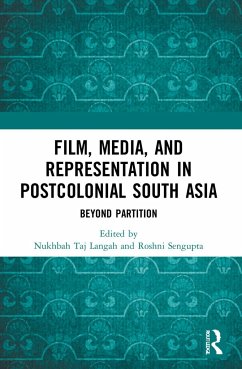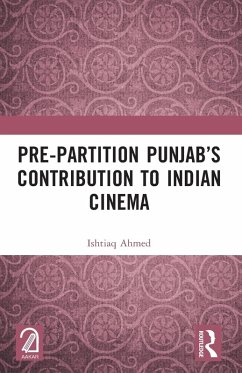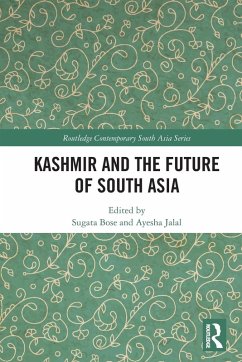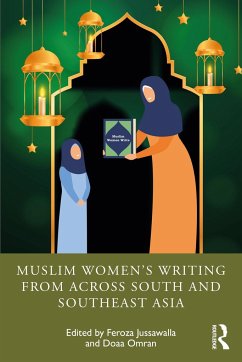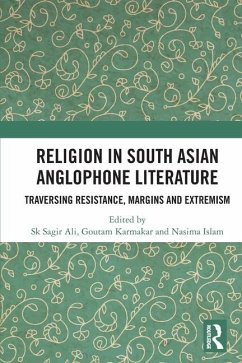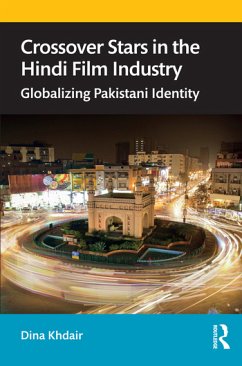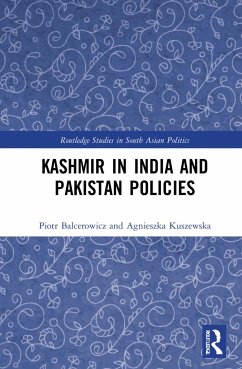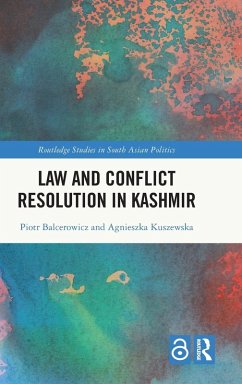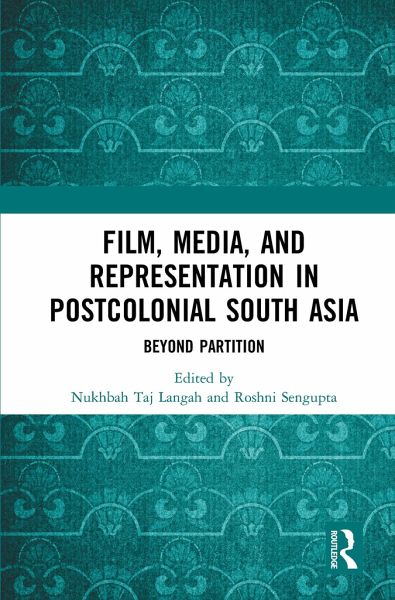
Film, Media and Representation in Postcolonial South Asia
Beyond Partition
Herausgeber: Langah, Nukhbah Taj; Sengupta, Roshni

PAYBACK Punkte
84 °P sammeln!
This volume brings together new studies and interdisciplinary research on the changing mediascapes in South Asia. Focusing on India, Pakistan, and Bangladesh, it explores the transformations in the sphere of cinema, television, performance art, visual cultures, cyber space and digital media, beyond the partitions of 1947 and 1971.





